'A [Georgian] separation': female emigrants on work, motherhood and family
A generation of children is growing up in Georgia who see their mothers only on the screens of gadgets.
A significant number of the citizens who emigrated from Georgia in search of work are women. They support their families with hard work, while their children are raised without parents. Experts say the consequences to both the children and society could be serious.
The first day of August 2015 was very hot. 24-year-old Tiko Bibichadze put a large travel bag in the trunk of her father’s old car, took one last look at her home, got into the car, and has not returned to her village for five years.
Her three children, the youngest of whom was then one year and eight months old, were playing in the yard. The children were told that their mother was going to Tbilisi and would be back soon.
Young children, sick parents, violence from husbands, divorce, unemployment, bank debts – Tiko’s story is not unique. On the contrary, it unites all the problems that cause thousands of women to leave Georgia.
According to official statistics, 105,000 citizens left Georgia for temporary or permanent residence in 2019 alone. More than 46,000 of them are women.
According to unofficial data, up to 1.6 million people have left Georgia at different times, which is a huge figure for a country with a current population of 3.7 million.
- ‘Losing work isn’t the worst that can happen during COVID’ – stories of Georgian workers stranded abroad
- Poland: a work haven for Georgians
- South Africans setting up in rural Georgia: reasons, challenges and hopes
Mass labour migration is a common problem for many post-Soviet countries. For comparison, speaking about the scale of emigration from Moldova, the former president of this country, Igor Dodon, said in November 2020 that since the collapse of the USSR, the country has lost a third of its population. According to the Ukrainian authorities, since 2010, about 4 million Ukrainians have left the country and have not returned – almost 10% of the population.
In Georgia, poverty and unemployment are the main reasons for migration from the country. Every seventh resident of Georgia receives social assistance, official unemployment is 12%, but according to polls, 63 percent consider themselves unemployed. Therefore, emigration is often the only solution for many people.
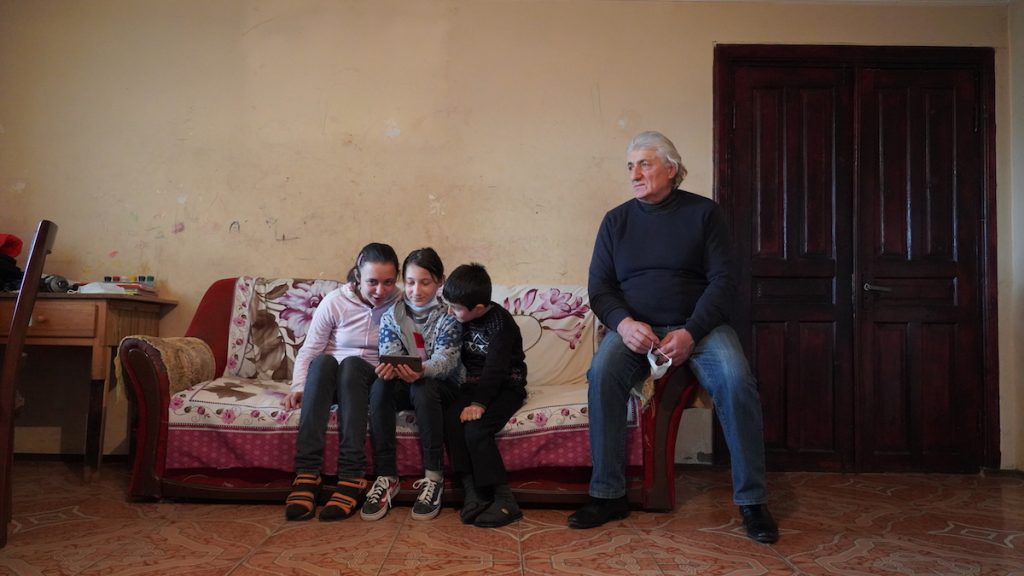
Like all female emigrants, Tiko Bibichadze initially planned that her separation from her children would last only a couple of years.
“I thought that I would pay off my debts and come as soon as possible, but over time the family needs more and more. That’s why I stay. My children are increasingly forgetting their mother’s warmth,” says Tiko.
Tiko has two girls – 12 and 10 years old, and a boy 7 years old. They communicate with her over the Internet almost every day.
“But I feel more and more alienated from them, it breaks my heart”, says Tiko. “They are growing up, they have their own lives, and I am no longer a part of it.
The younger one prefers games to talking to me. A lot of new things happen in the life of the older girls, but they don’t share it with me.”
Tiko now lives in the city of Lazio, Italy, and like thousands of other Georgian women, she cares for the elderly man of a local family.

Tiko says the work is hard. She says Italy has pledged to legalize the stay in the country of all migrants who looked after the elderly and did not abandon them during the pandemic. She hopes to get a residence permit in January.
If everything works out, Tiko plans to come home in the summer, but only for a month:
“Forever and ever? No, not yet. I’m afraid. How can I support a family of five if I return? Children often tell me that they agree to starve, if only I came back. But they are small, do not understand what it means when they do not have the necessary things.”
Tiko earns €850 a month. She transfers almost the entire amount to her family.
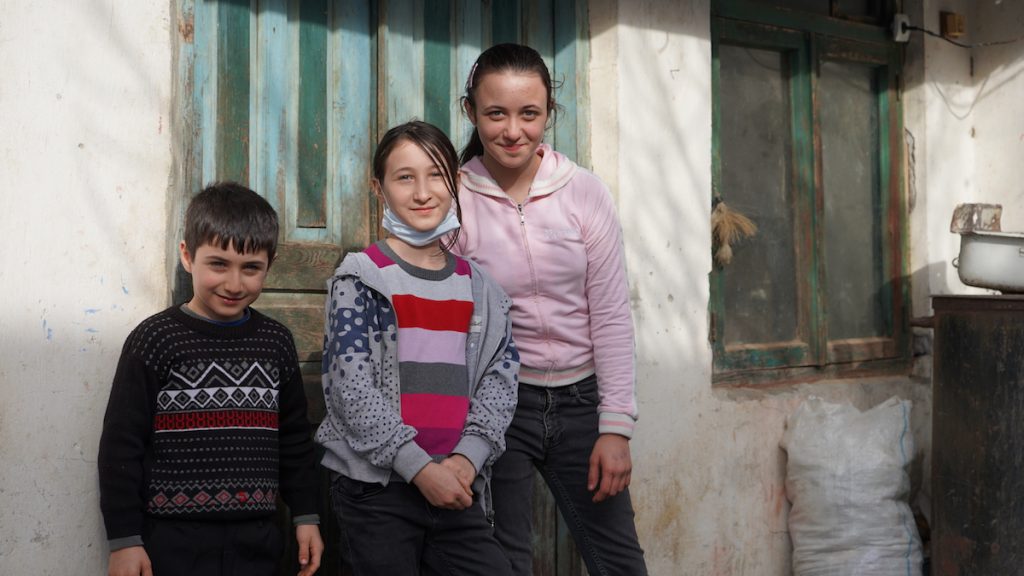
Leave to survive
The first wave of migration from Georgia began in the 1990s, shortly after the collapse of the Soviet Union.
The country, engulfed in armed conflicts, found itself on the brink of poverty and hunger, with a sharp increase in crime. People were left without work, money, food, electricity and gas.
The first emigrants were women along with men. They left their homes, families, children, took heavy bags and left for neighboring Turkey to work or trade.
For deeply patriarchal Georgian society, women who went to work in a foreign country have become a great cultural change.
It was these first women migrants who began to personify the new role of women in independent Georgia: they were no longer just housewives, but became breadwinners, and through their hard work they saved thousands of families in Georgia.
And this has been going on for many years.
Every month Georgia receives over $150 million from abroad, which is one of the main sources of income for the population.
This is the money that emigrants send to their families. In 2019 alone, the country received $1.7 billion in remittances. This is more than all of the direct foreign investment, which amounted to $1.3 billion.
According to the National Bank, Russia is in first place in terms of money transfers. It accounts for 20 percent of transfers.
It is followed by Italy (15 percent) and Greece (11 percent). These are the two countries where the majority of women who have left Georgia to work are employed. In addition, women are leaving for the United States and Turkey.
Most Georgian women migrant workers work in families – they mainly look after the elderly, and also work as housekeepers, cleaning the house and preparing food. Less often they work as nannies, because, as a rule, they do not know the language.
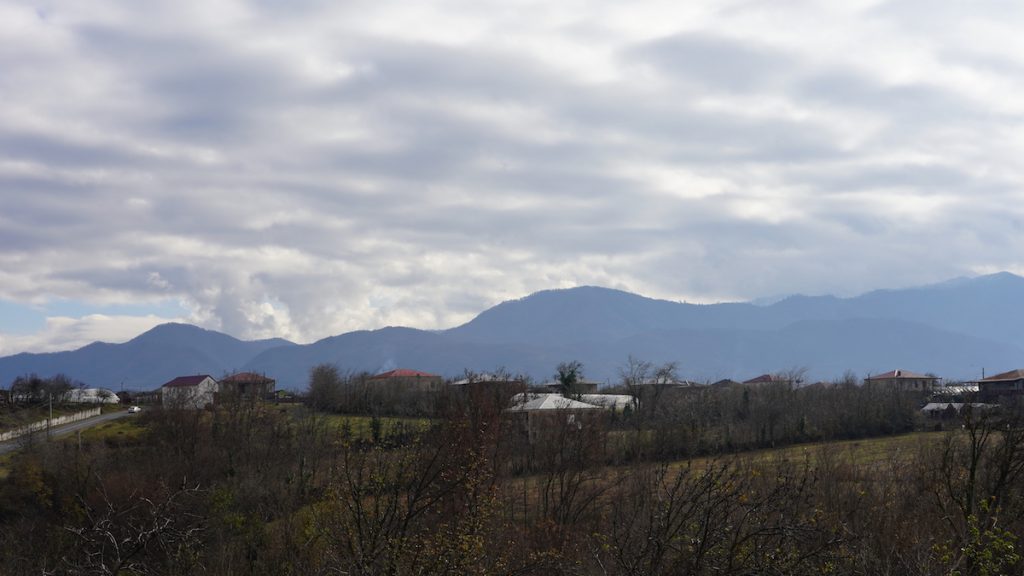
They usually live in the same house where they work, do not rent an apartment, which saves money. Or several emigrants rent one apartment together.
The employment of such workers is mostly illegal and, therefore, by European standards, such work is low paid. However, even this money is much more than the salary that can be counted on in Georgia.
Pay for such work in European countries is 700-1000 euros. In Turkey, it’s about 500 euros. The salary in the US is higher, but getting there is much more difficult.
“I have a salary of 800 euros. I don’t rent an apartment, I also eat in the house. Therefore, I send my salary almost entirely to Georgia. Part of the money goes to pay off the loan – when my husband was arrested for drug use, I took money from the bank to post bail. Later, new debts were added – the family needs a lot of things. My husband bought a car, the houses were renovated, the children are already applying to college,” Nana says. She is from a village in western Georgia and has been working in Rome for four years.
However, behind this money, which is sending thousands of women to Georgia, there are serious social and psychological problems, incurable trauma for both women and children.
“Skype motherhood”
According to the National Statistical Office of Georgia, among the emigrants who left Georgia in 2015-2019, the majority of women are aged 25-29
Many have left young children in Georgia.
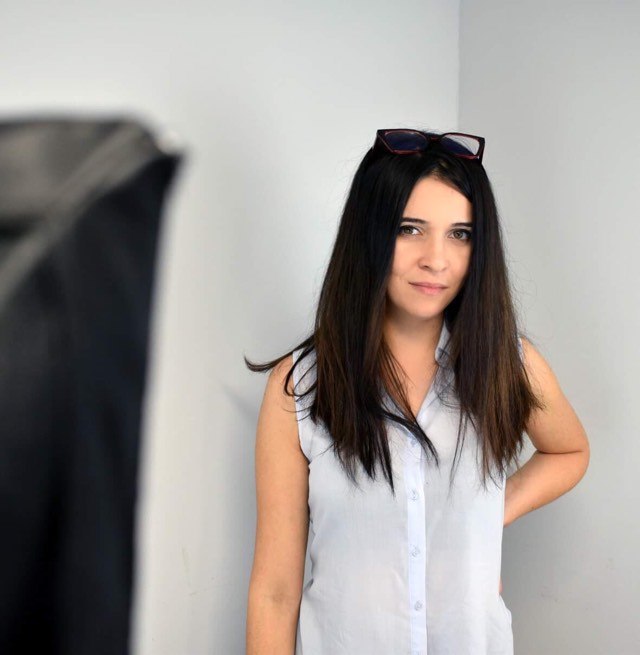
The story of 31-year-old Nino Kavtaradze is similar to the story of many women; she divorced her husband, was unable to get a job or start her own business, and her two-year-old son had health problems. Seven years ago, Nino packed her things and left for Greece.
“I had to pay 30 lari (about 10 dollars) per hour for the necessary rehabilitation course for the child, and I had to study for five hours a day. My ex-husband did not help me in any way. The child’s health is the most important thing for me, so I pushed my motherhood into the background,” says Nino.
Nino is worried about the fact that she cannot fully participate in the upbringing and life of her son, who is now being raised by her grandmother.
“The time will come when he will ask me why I left and why I was not there. I will explain everything and I am sure he will understand,” says Nino.
Like Nino, most migrant mothers live in a state of constant remorse – they must prove to themselves, and often to family members and others, that their separation from children is dictated by a hopeless situation and was necessary for their better future.
Psychotherapist Yekaterine Darsania says that the situation created in Georgia due to the emigration of women is deplorable, and after years not only individual families, but also society as a whole will feel its consequences:
“This separation between mothers and children will not go unnoticed. In ten to fifteen years, we will face a global, serious problem. Aggression, mental disorders, anxiety disorders, sociopathy and more will manifest in the future. These children are at great risk.”
The first results are already evident. For example, a study carried out by the analytical department of the General Prosecutor’s Office showed that in almost 23% of cases of juvenile delinquency, the parent of the offender, mainly the mother, is located abroad.
In addition, psychologists say that relationships through gadgets and lullabies through Skype will not help save mother and child from mutual alienation and threaten a whole generation of children in Georgia with irreparable losses.
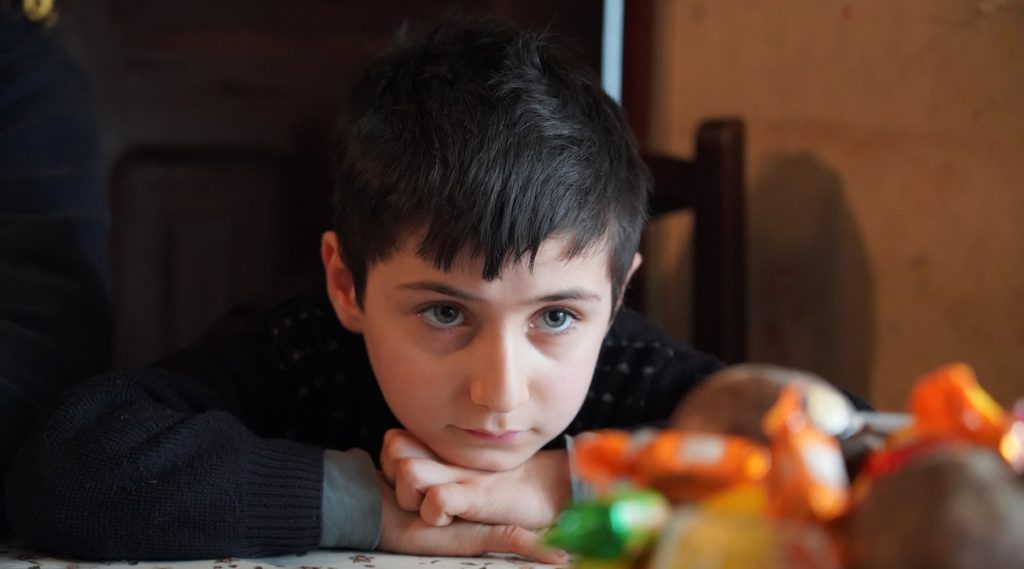
“No amount of online inclusion can replace a child’s need for physical touch and be with her mother. Children and mothers under the age of three are usually considered one system. Even after this age, the child perceives the world only with his mother, and therefore their separation poses a serious threat to the development of a teenager,” says Ekaterina Darsania.
According to her, children who grow up without a mother often perceive them only as a source of material support, and they often show aggression and anger towards their mothers.
What is the state doing?
“Despite the fact that emigration for women is their own choice, we cannot fully call this choice voluntary. Because this decision was caused by the difficult socio-economic situation and, according to them, the only way out they found,” says Mari Chachava, author of the Heinrich Belle Foundation study ‘Paid and unpaid work of Georgian women who returned from emigration’.
Since 2015, the state, with the support of non-governmental organizations, has been offering a reintegration program to emigrants who wish to return.
In 2019, 2,598 people returned to their homeland under this program.
The program, in particular, provides for: assistance in the amount of 3,000 lari (about a thousand dollars) for starting a small business (if the project is approved by a special commission); cash assistance to pay for short-term courses in the amount of 1,000 lari ($300); payment for medical assistance in the amount of 1,000 lari in case of life-threatening acute or chronic diseases; funding for a three month paid internship for 375 GEL ($115) per month, as well as legal assistance.
However, this assistance is unlikely to be able to compensate migrants for the income they received abroad.
The International Organization for Migration (IOM), for its part, implements its programs for the socialization of returned emigrants in Georgia.
However, all experts agree that the problem can be solved not by specific programs to return immigrants home, but by the creation of jobs and the economic development of the country.
However, the prospects for this are not yet seen. The number of jobs in Georgia decreased by 45 thousand in 2016-2019, and by another 33 thousand in the second quarter of 2020.
Even the country’s informal ruler, head of the ruling Georgian Dream party, Bidzina Ivanishvili, does not believe in great success in creating jobs in the near future.
In one of his last interviews, he bluntly stated that no economic growth could create two million jobs in Georgia in the next 20 years. In his opinion, the solution is to create legal employment opportunities for Georgian citizens in developed European countries.
The pandemic has hit the Georgian economy even harder and this damage has yet to be assessed.
Lost generation of women
Nino Kavtaradze, 31, from Tbilisi: “Where have I not worked during these six years in Greece… In some jobs I was lucky, in others I was not. For three years I worked as a cleaner in a hotel. I cleaned 500 square meters every day, and by the evening I was terribly tired.”
Nana, 49 years old, from the Khobi region of Western Georgia: “I have been living in Rome for four years and only twice went out to see the city. I am caring for an old man with Alzheimer’s disease, this is the hardest job, I am with him day and night. On the weekend I go to my friends, the same Georgian emigrants. They rent an apartment together. We cook some Georgian dishes, eat a little, and then all four of us sleep for 24 hours until we have to go to work again.”
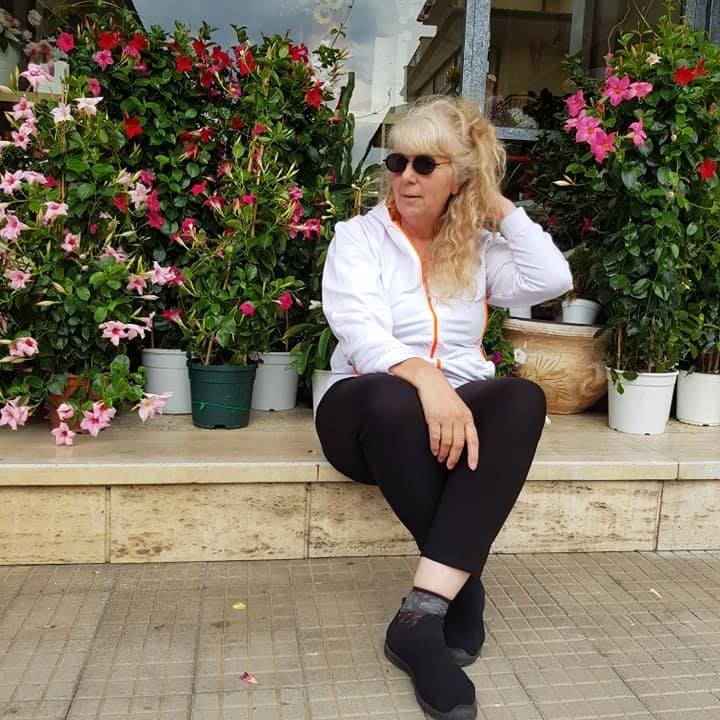
Khatuna Shatirishvili, 52, from the village of Dvabzu, Ozurgeti, Western Georgia: “I work for a family in Italy, I look after a grandmother. I have a salary of 850 euros. This is very small by local standards. I only have one day off a month; I just to go to the bank and send the money.”
Most of the women who left Georgia and worked hard in emigration are completely focused on the needs of the family left at home, and not their own.
Most of them, due to their illegal status, do not even have access to basic medical services.
“They try to send all their salaries home, and they also save on their own health. And such stresses do not go unnoticed, ”says Nugzar Kokhreidze, a migration expert and head of the Dialogue of Generations organization.
Emigration – a life sentence?
All the women we interviewed say that they originally planned to stay abroad for only two or three years.
However, despite the hard work, women cannot noticeably improve the living standards of their families, sustainably improve their economic situation, so they remain in emigration from year to year.
“When I paid off one loan, we took out a new one. Not for the sake of luxury – a new roof was needed for the house, a little more for repairs. This requires money, right? Or when I arrive, what to feed the children? One way or another, now they are not starving, they go to English lessons, there is warmth at home, they have something to wear.”
“What if I come back? Will I have to work for GEL 500 ($150)?” asks Nana, who has been living in Italy for 4 years.
Over the years spent in a foreign country, women do not develop personally or professionally.
Remittances are in most cases the only tangible result of their migration.
“Consequently, even in the conditions of such feminized emigration, the role of women in the Georgian patriarchal society does not become more important. Although women have become the breadwinners of the family, the overall picture does not change. Such migration does not give women new opportunities and does not put them on their feet,” says Mary Chachava.
Supported by RLNE


















